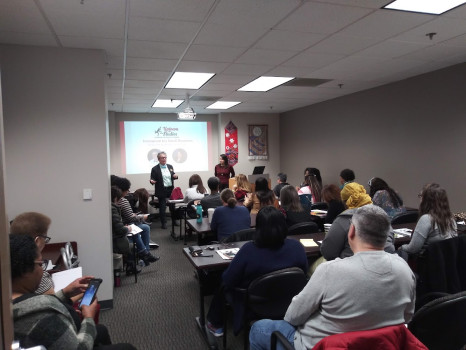
California Capital Financial Development Corporation
Reviews Summary
About This Listing
Who Can Work with a CPA?
*Note: CPAs may specialize in different areas. Be sure to check credentials and service offerings.*
First-Time Clients
If this is your first time working with a CPA, don’t worry — most professionals offer a free consultation and will walk you through what to expect. You may be asked to complete an intake form, share financial documents, or set clear goals for your session.
What to Know Upfront:
*Note: Every CPA operates a bit differently. Don’t hesitate to ask questions before committing.*
What to Bring
*Tip: Organize your documents in advance to save time and ensure accuracy.*
Preparing for Your Appointment
*Note: Preparation helps you make the most of your CPA’s expertise.*
How to Get Started
Other Helpful Info
*Note: Every CPA is different — take time to find one who fits your goals and style.*
Features
Contact Information
Address
1792 Tribute Rd #270
Sacramento, California 95815
Phone
+1 916-442-1729Hours
Customer Reviews
Very rude and unprofessional. I was asked questions about my personal life tgat was inappropriate. Tge rep did not understand what an s corp was. I was berated for forgetting to mention an old debt. I was told that forgetting it was a red flag to them. This non profit is unfit and should not represent the state in any capacity.
Starting a small business and want program guidance? This place offers an assortment of programs for small business development. Business plan help. Marketing help. QuickBooks Labs. Tax Guidance and more. Want to do business with local and big government? WBIC is your goto place for a wealth of information.
Great free workshops for entrepreneurs ??
Terrible people skills; especially Carlos Nakata, their so called Credit Administration Officer. Rude and arrogant.
I take their free classes there several times a month. Staff is friendly and always willing to answer questions.
I love the classes they offer, I've enjoyed every single one.
I'm very happy to have found the assistant I need to start my businesses
Great team and very helpful.
Great help for business entrepreneurs
Outstanding Seminars!
useless organization